Learning and personal development are the main aspects of living a fulfilling life. The concept of a growth mindset, introduced by psychologist Carol Dweck, has revolutionized how we think about human potential and its achievement.
Today, more people are recognizing that their abilities aren’t fixed and that they can develop more and better talents through dedication and hard work.
This profound shift in thinking has helped countless individuals break through their perceived limitations and achieve things they never thought possible.
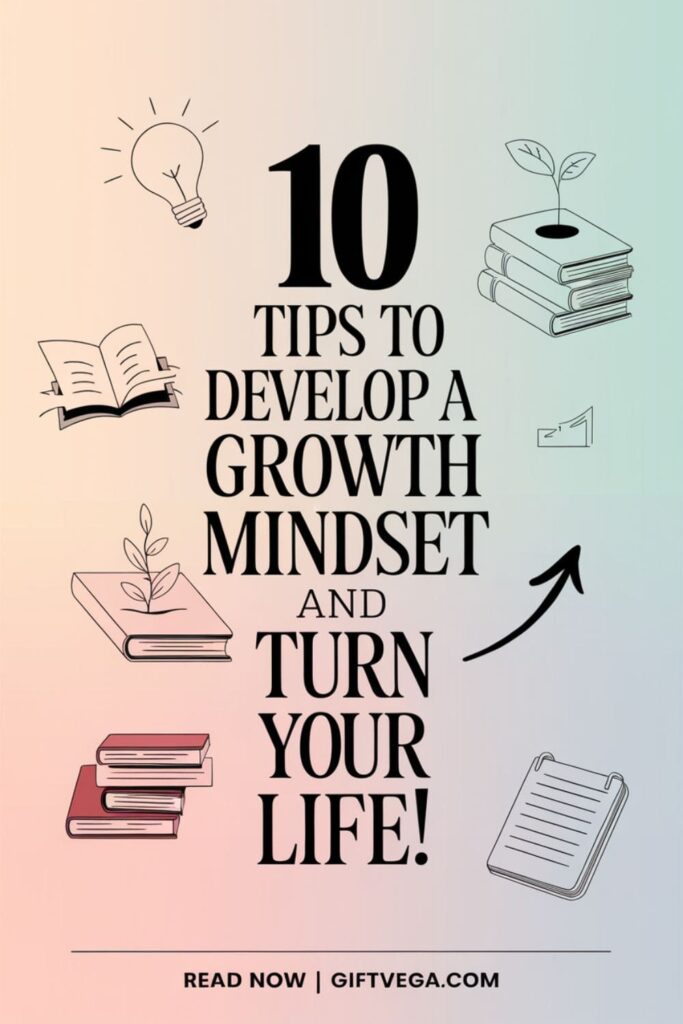
Tips to Develop a Growth Mindset
1. Develop Systems for Knowledge Management
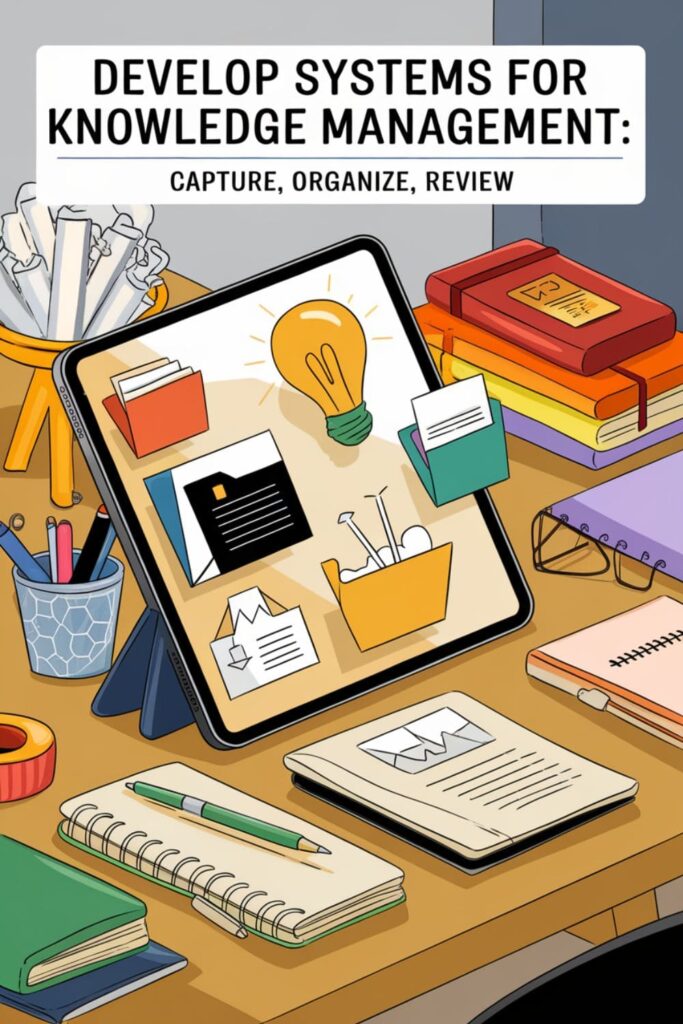
Information overload can overwhelm even the most dedicated learner, so make sure to create systems for capturing, organizing, and reviewing information effectively, and try using digital tools or physical notebooks to record insights and ideas.
Develop a regular review system to reinforce important concepts and create connections between different pieces of information. Your knowledge management system should make it easy to find and apply what you’ve learned.
2. Create Growth-Oriented Environments
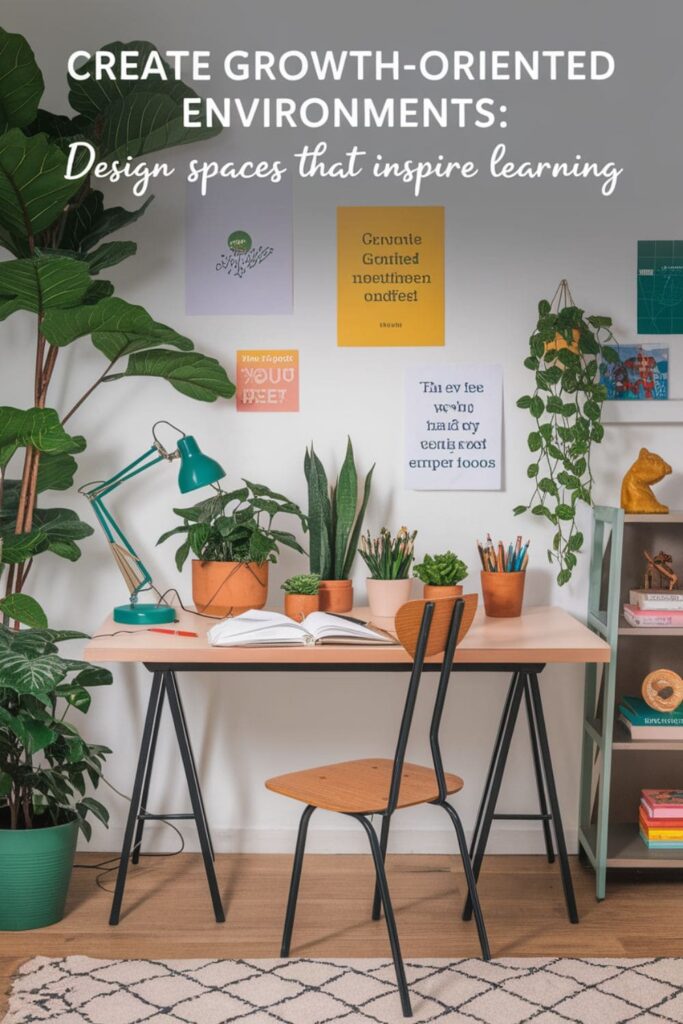
Your physical environment affects your mindset more than you might realize like seriously, so just for once design spaces that encourage learning and creativity if you want to grow.
Keep books and learning materials easily accessible. Post visual reminders of your goals and progress. Remove distractions that pull you away from deep work, and create different zones for different types of thinking and learning activities.
3. Master the Art of Deep Work
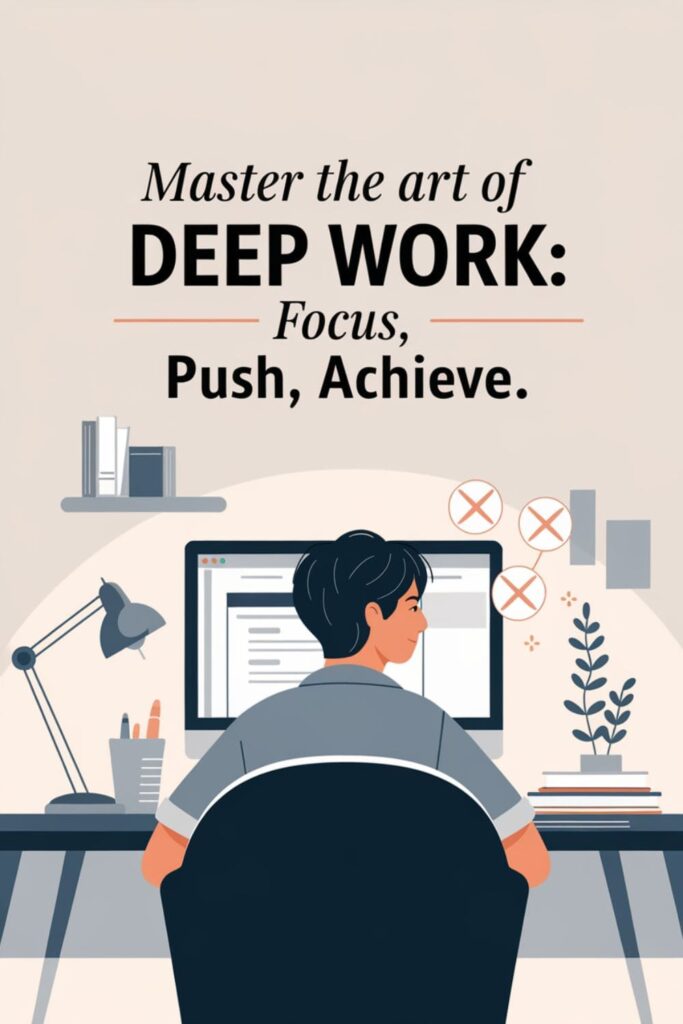
Shallow work won’t lead to meaningful growth. Always keep in mind that real development requires focused, uninterrupted periods of concentrated effort. Protect your deep work time fiercely, and always turn off notifications while working.
Start with 30-minute blocks and gradually increase the duration, and during these periods, push yourself to tackle the most challenging aspects of your learning goals.
4. Develop Mental Flexibility
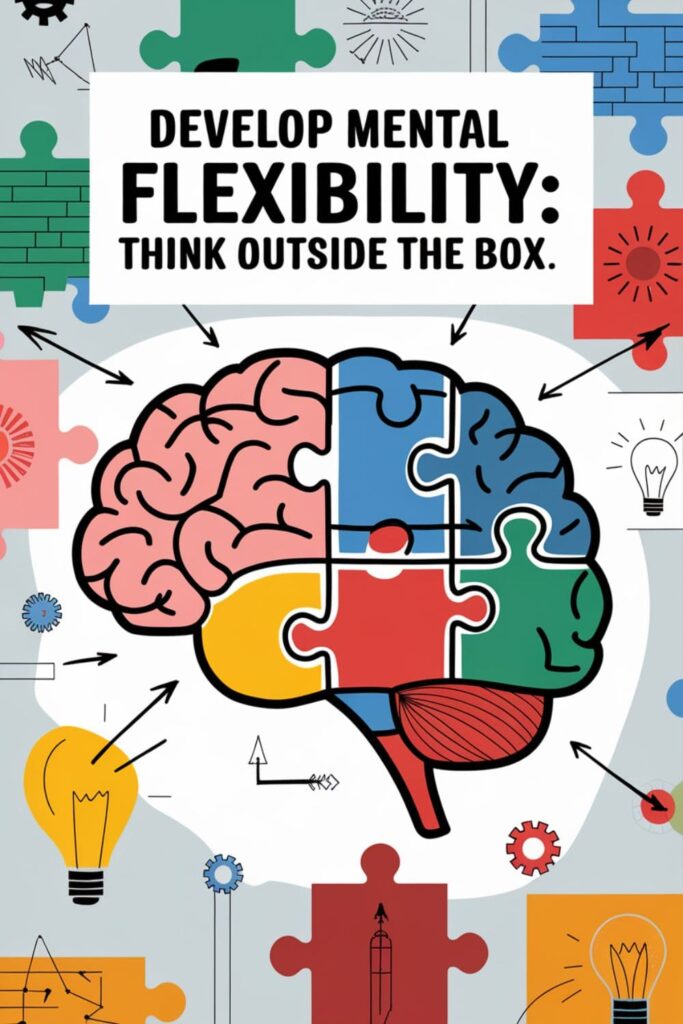
Rigid thinking blocks growth at every turn, your brain naturally creates patterns and shortcuts based on past experiences. While these mental shortcuts are efficient, they can trap you in outdated ways of thinking.
Practice approaching problems from multiple angles, and if your first solution doesn’t work that well, brainstorm five alternative approaches, and also study how people in different fields solve similar problems.
5. Create a Feedback Loop System
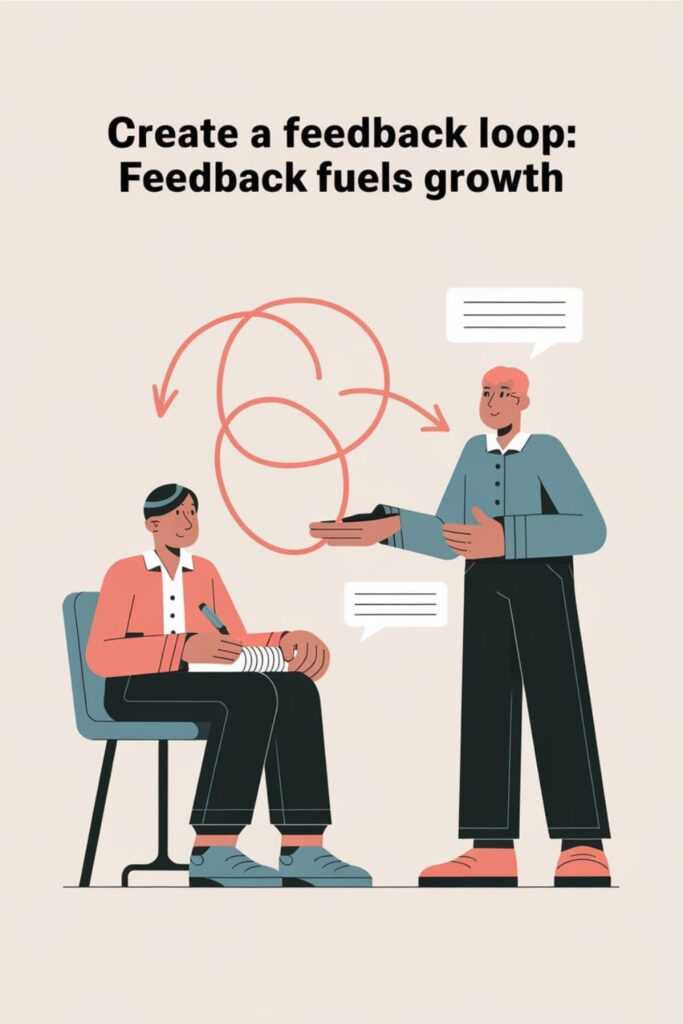
Structured feedback systems accelerate personal growth dramatically, but most of you will avoid feedback because it makes you uncomfortable.
But regular, systematic feedback helps you identify those blind spots you’d never notice on your own, so right now create multiple channels for gathering insights about your performance, and ask for specific feedback from mentors.
6. Stay Committed to Lifelong Learning

Learning isn’t something that ends with formal education, I’ve always seen that the most successful people never stop growing and developing, so make a commitment to lifelong learning.
Be curious about your field and the world around you, as technology and society continue evolving at an unprecedented pace.
7. Take Ownership of Your Growth
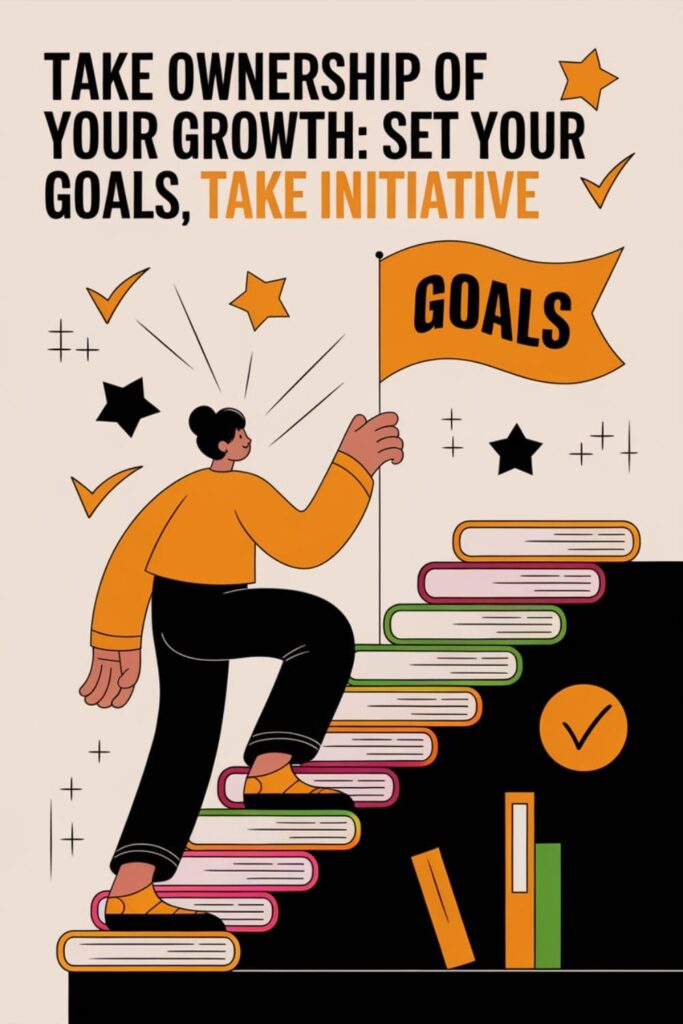
Nobody else is responsible for your development, and nobody cares if you grow or not. Schools, employers, and mentors can provide opportunities, but you must seize them, so set your own learning goals.
Create your own development plan, and never wait for someone to tell you what to learn or when to grow. Take initiative in seeking out resources and opportunities.
8. Practice Self-Reflection

Taking time to reflect on your experiences accelerates growth, so take aside a few minutes each day to think about what you learned. What worked well?
What could you do differently next time? And write down your insights. This practice helps you extract maximum value from every experience.
9. View Failure as Feedback
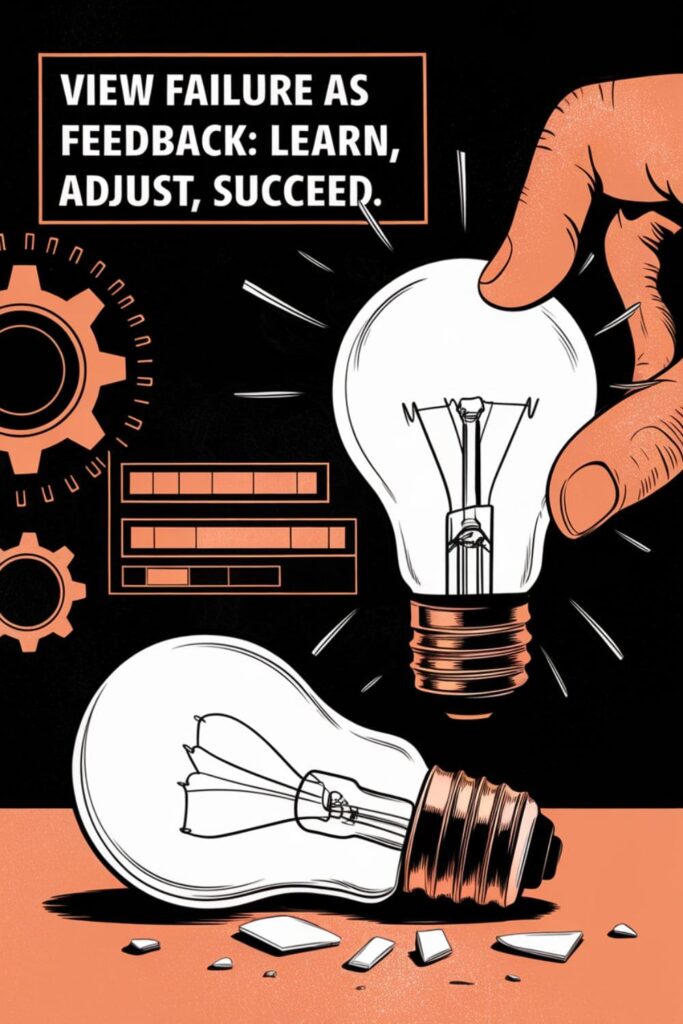
Failure hits hard, really hard. It can feel like a personal judgment on your worth, but failure is just that small piece of information about what doesn’t work. Thomas Edison famously failed thousands of times before inventing the light bulb.
Each failed attempt taught him something valuable, treat your failures the same way, and analyze what went wrong without judgment.
10. Focus on the Process, Not Just Results
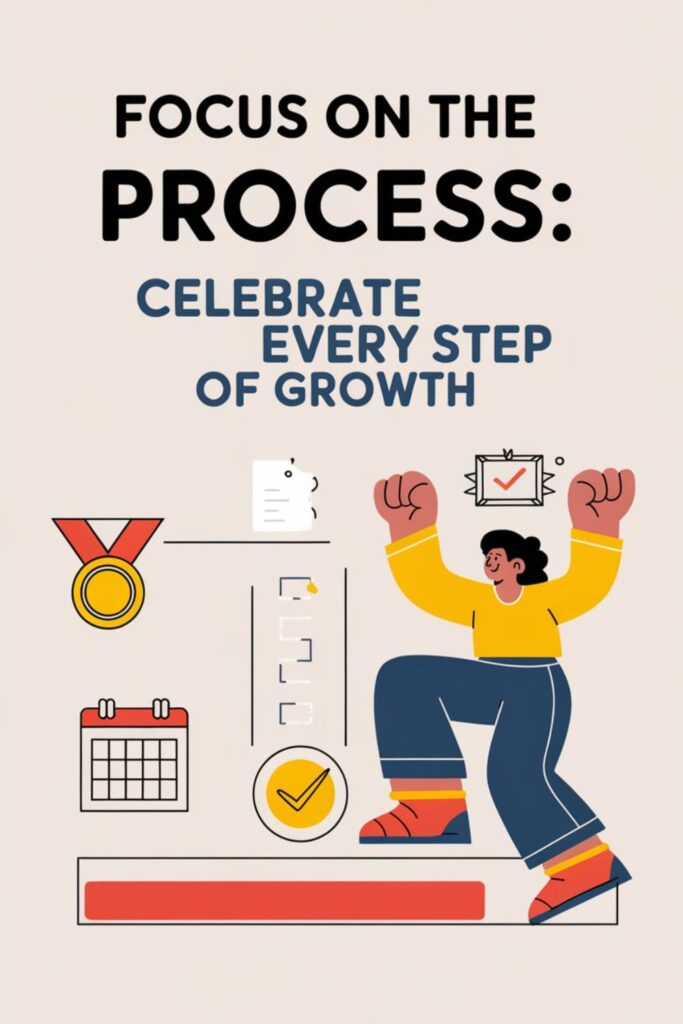
Our society is obsessed with outcomes, like we fixate on grades, sales numbers, and social media metrics, and this results-only focus can be paralyzing.
A growth mindset shifts attention to the process of learning and improving, so track your effort, not just your achievements, and notice the small improvements you make each day.
Related: 10 Simple Habits to Boost Your Personal Growth!
Conclusion
Developing a growth mindset changes how you approach challenges, setbacks, and opportunities. It opens up possibilities you might never have considered ever before.
Remember that changing your mindset is itself a growth process, so just be patient with yourself as you develop these new thought patterns and habits.
The effort you invest in cultivating a growth mindset will pay dividends throughout your life, just start implementing these tips today, and watch how your perspective, and your results begins to shift.

Pingback: 10 Powerful Ways to Build Confidence and Own Your Life!